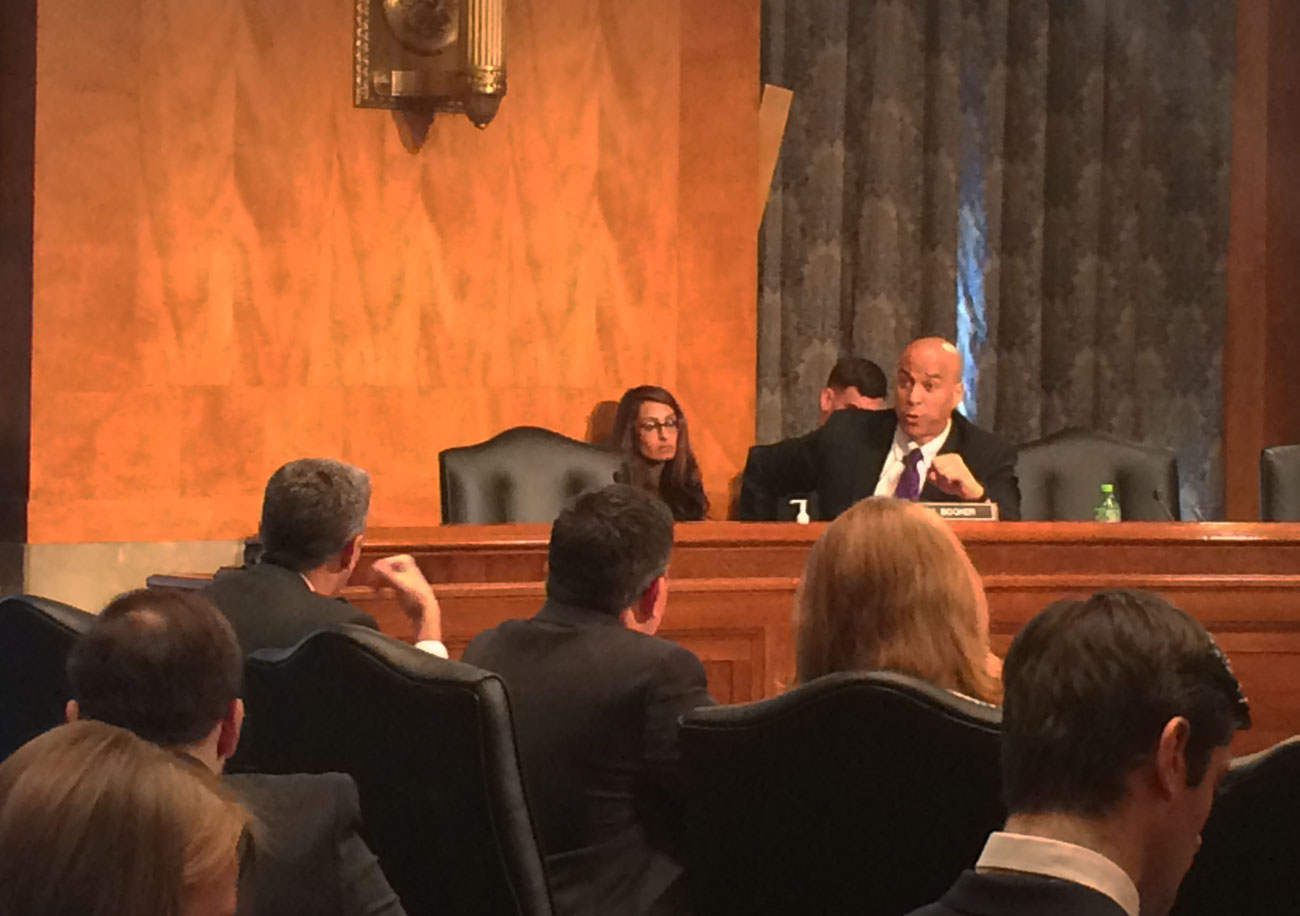WASHINGTON — It’s in the interest of the United States to take a leadership role in combating terrorism in Europe so that the violence doesn’t spread to America or jeopardize Americans abroad, senators and experts said at a Homeland Security Committee hearing Tuesday.
“The most dangerous result, really, of this situation is that every success that the Islamic State has in Europe breeds more success here at home,” said Clinton Watts, a fellow at the Foreign Policy Research Institute. “A successful attack in Paris, Istanbul, Brussels, inspires [a radicalized American] here in the states who maybe has no connection to the Islamic State or al-Qaida to start to move forward.”
He pointed to the San Bernardino, California, killings and the shooting of a Philadelphia police officer by a man who said he was acting in the name of the Islamic State group.
“I think that we have to take a leadership role here,” said Sen. Kelly Ayotte, R-N.H. “I don’t see another country that will be able to bring everyone together and get them to act.”
Watts suggested the U.S. help the European Union put together a counter-terrorism task force. “We have to go on the offense in Europe,” he said, “an aggressive approach now.”
Terrorist operatives have been able to take advantage of the weaknesses in communication and coordination between European Union nations, according to Juan Zarate, a senior adviser at the Center for Strategic and International Studies, and have managed to infiltrate refugee flows into Europe.
A report by the Homeland Security Committee in November 2015 stated that at least one terrorist involved in the Paris attacks entered Europe through refugee flows and that multiple warnings from international research organizations and governments suggest it is not an isolated incident.
“The situation in Europe is we have terrorists operating without borders, and we have counterterrorism operating with all borders,” Watts said.
According to Belgian authorities, the suspected terrorists in the Brussels attacks had links to the terrorist operatives behind November’s attacks in Paris. One had been deported from Turkey last year after he was flagged as an Islamist militant.
Several senators said the Visa Waiver Program, which allows citizens from 38 countries, including many EU nations, to travel to the U.S. without a visa.
Earlier this year, the State Department changed the VWP so that citizens of the 38 countries cannot use the visa waivers if they are dual nationals of Iran, Iraq, Syria, Sudan, Libya, Somalia and Yemen or if they have traveled to any of those countries since 2011.
Ayotte questioned the effectiveness of the change, pointing to Europe’s lack of information sharing and tracking systems among the member nations. “I would have to think that they weren’t sharing that information with us if they weren’t acting upon it fully themselves,” she said.
According to a monthly report by the House Homeland Security Committee, 6,900 Western fighters have traveled to conflict areas to join the Islamic State, including 1,900 European fighters who eventually returned to Europe.
Experts agreed that a review of the program is a good idea. Watts proposed starting with the countries with the most foreign fighters per capita.
The Senate Committee on Homeland Security is planning several follow-up hearings with top security officials and transportation agencies as well as a review of the visa program.


